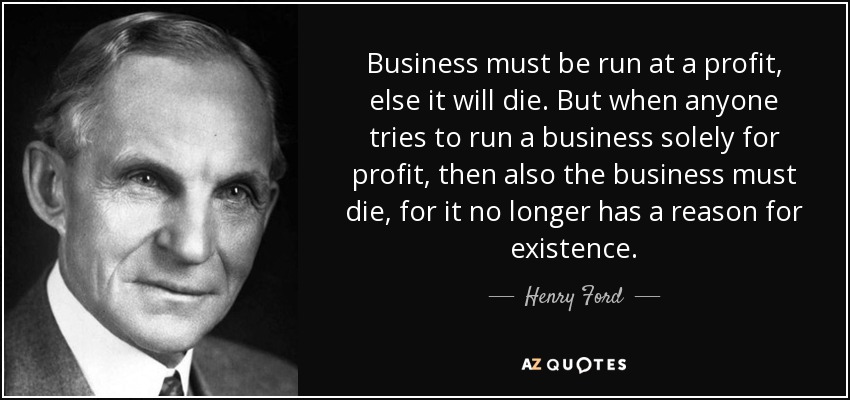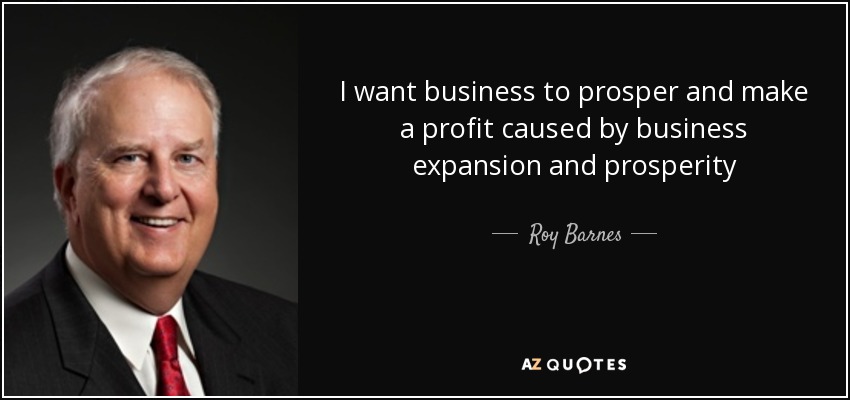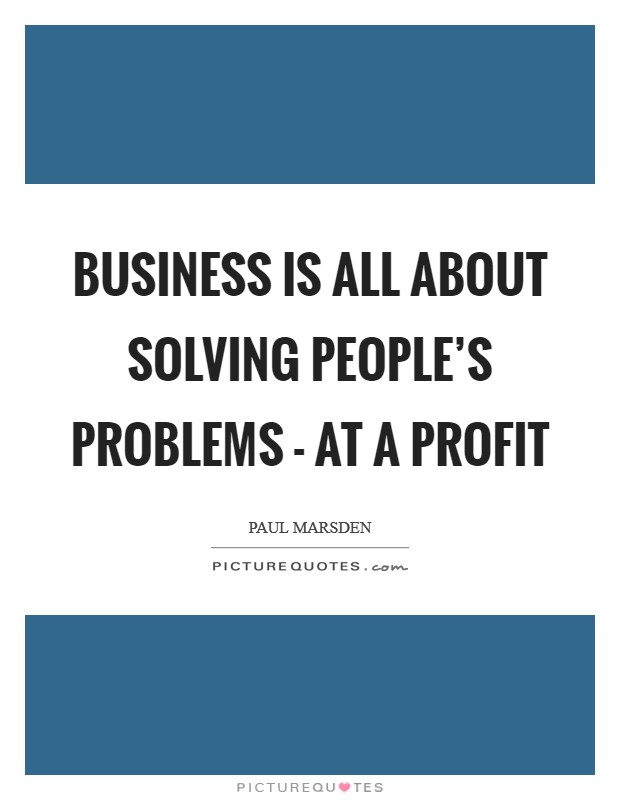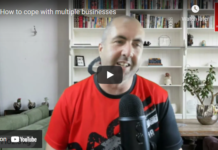1. Try to get sales before you make big investments, Elon Musk does this very well with tesla. He takes orders before production starts. You can also delay some costs when setting up new services/products such as customer service.
2. Getting second opinions on your numbers, get opinions from people in the same industry
3. Making sure you have a monthly set of accounts so you know expenditure, costs and profits. You need to know all of your numbers and focus on the costs
4. Focus on your supply chain, there are different companies/countries that can do cheaper and better products. I find it worthwhile being faithful to suppliers but sometimes there are some higher quality products out there with a lower minimum order. It’s worth checking different countries out or local ones. (opposite sometimes to where people are looking)

5. Bringing products and service in house, more efficient, faster, cheaper. Most people tend to start with outsourcing.
6. Remove loss-making products and services, frees up more time, more resources and money. Sometimes its the foundation of the business or it’s an old product/service that people are resistant to walk away from. We have bars that make losses but it only takes us time to fix it.
7. Getting rid of bad customers, there are often customers that lose the company money, either from legacy prices, complaining all the time. A business owner I consulted was delivering food to some customers and I worked out that he was losing money each time once business costs have gone in. I told him that these “loyal” customers were not loyal, they just can’t get food delivered anywhere else at that price and that he was costing them money. He didn’t listen and he lost everything in the end.
8. Quarterly cut, go through suppliers, cut costs, is there subscriptions you don’t need?
9. Embracing technology, focus on finding new software, new applications, self serve, finding better tracking software, find more efficient ways of contacting customers.


















